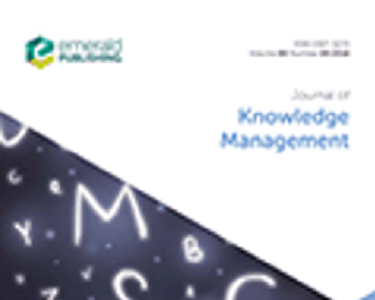Author(s):
Hernaus, T., Černe, M., Connelly, C. E., Pološki Vokic, N., Škerlavaj, M.
Date:
2019
Resource:
Journal of Knowledge Management, 23(4), 597-618
Purpose
Academic knowledge work often presumes collaboration among interdependent individuals. However, this work also involves competitive pressures to perform and even outperform others. While knowledge hiding has not yet been extensively examined in the academic environment, this study aims to deepen the understanding of the personal (individual-level) and situational (job-related) factors that affect evasive knowledge hiding (EKH) within academia.
Design/methodology/approach
A field study was conducted on a nation-wide sample of 210 scholars from both public and private business schools in a European Union member state. A series of paired sample t-tests were followed by hierarchical regression analyses to test moderation using the PROCESS macro.
Findings
The results suggest that scholars hide more tacit than explicit knowledge. The findings also indicate a consistent pattern of positive and significant relationships between trait competitiveness and EKH. Furthermore, task interdependence and social support buffer the detrimental relationship between personal competitiveness and evasive hiding of explicit knowledge, but not tacit knowledge.
Originality/value
The research provides insights into several important antecedents of EKH that have not been previously examined. It contributes to research on knowledge transfer in academia by focusing on situations where colleagues respond to explicit requests by hiding knowledge. The moderating role of collaborative job design offers practical solutions on how to improve knowledge transfer between mistrusted and competitive scholars. The collaboration–competition framework is extended by introducing personal competitiveness and relational job design, and suggesting how to manage the cross-level tension of differing collaborative and competitive motivations within academia.
Go to journal page
View all resources
Related Research Areas:
Knowledge Hiding & Sharing
